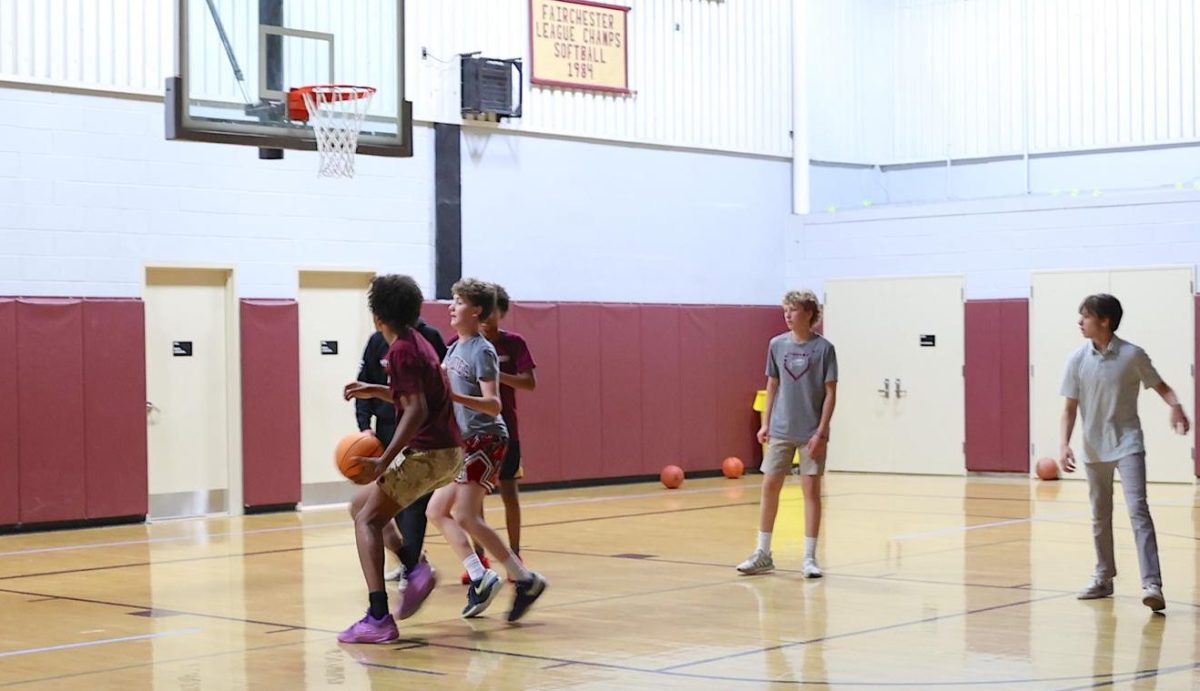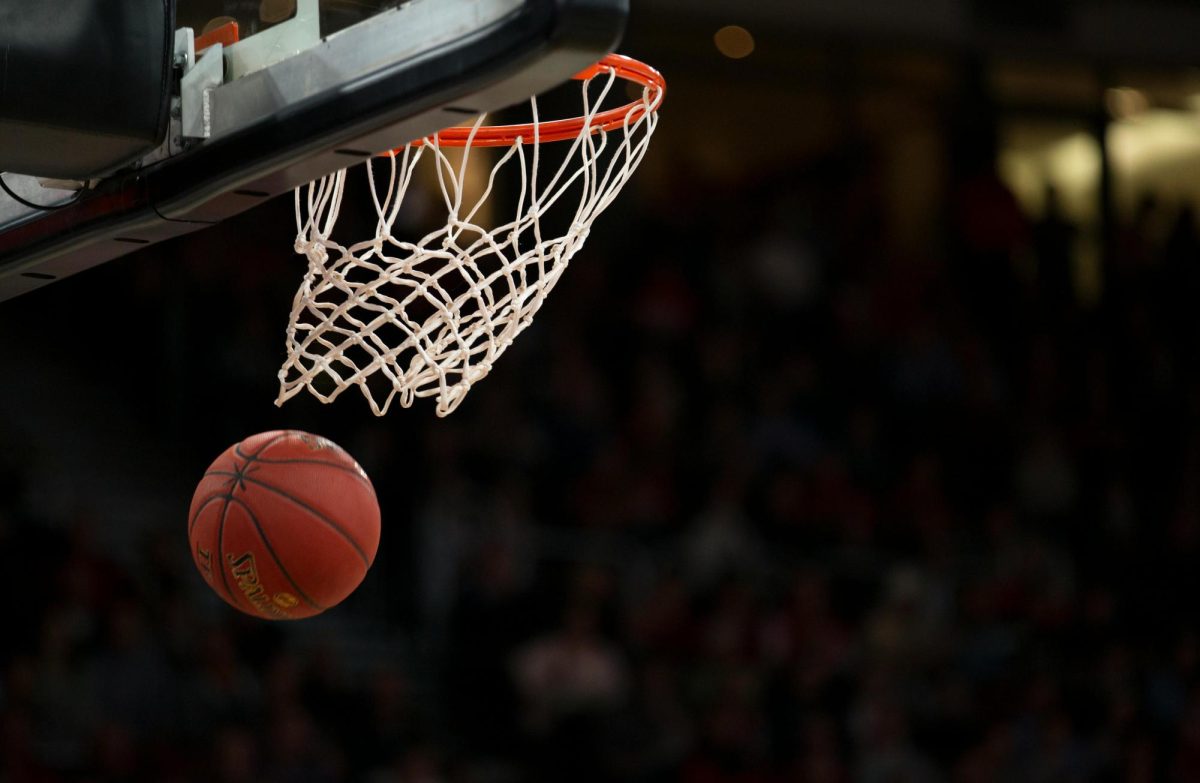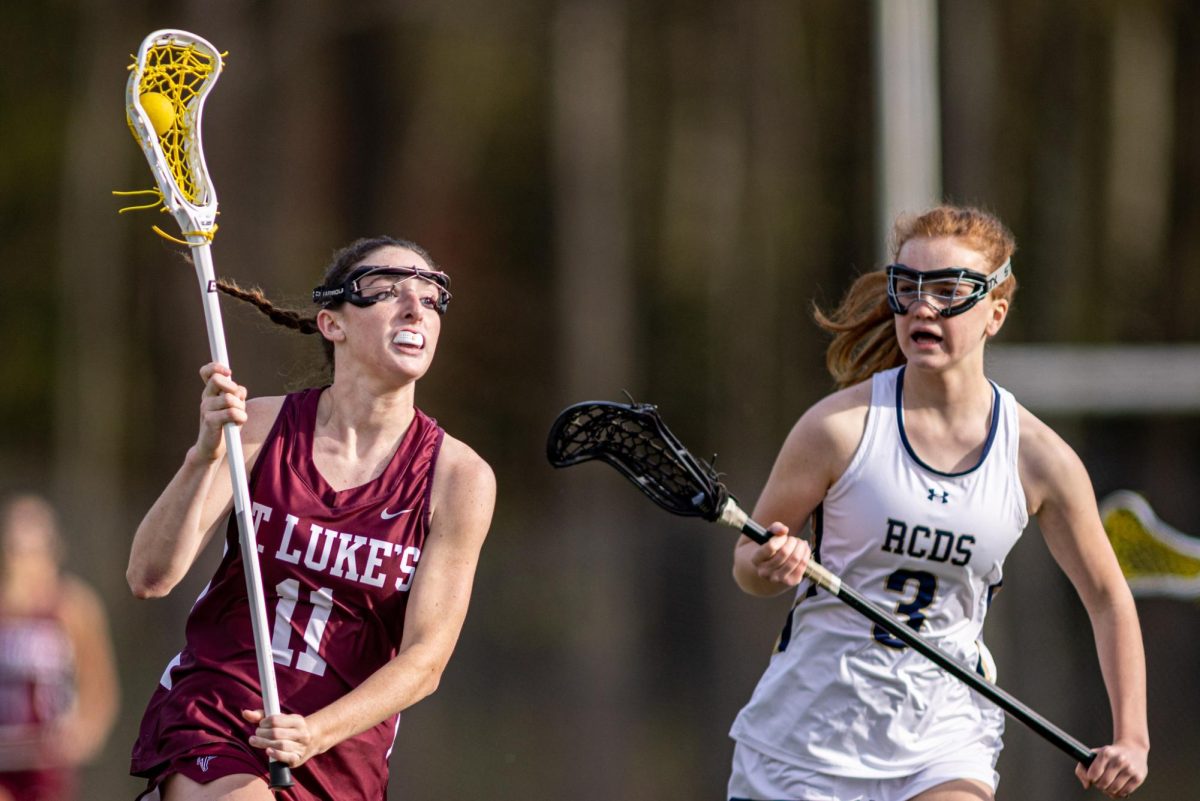For many students, youth sports embody a duality: they can nurture passion and camaraderie but they often impose intense demands that can shape or strain a young athlete’s life. St. Luke’s Learning Specialist Dr. Rein’s journey through soccer is a story of the dedication and sacrifice necessary to succeed in college sports, and how an athlete can lose sight of joy, burn out under the weight of expectations, and destroy all semblance of love for their sport.
In the 1980s, enrolling your kid in youth soccer programs was a common choice among parents. “It was just what everybody put their kid in,” she recalls. Her early years in the sport were filled with enthusiasm. She loved practice, her teammates, and her coaches. Game days were her chance to show off her skills and feel the thrill of the competition. She relished every opportunity she got to play soccer. By the time she was 13, her casual interest transformed into a serious commitment. She played for three different teams: her school team, a premier club team, and the Olympic Development Team. Her schedule left little room for anything else. Rein said she “would wake up, go to school, use all my free periods to do homework, and then head straight to practice.” Practices were held four days a week, often requiring an hour-long commute. Games took up her entire weekend. During the fall-season, she frequently played twice a day, six days a week. Despite this gruelling schedule, she still loved soccer.
By the time high school came around, soccer dominated every aspect of her life. Rein’s academics were subordinated. Attending a social gathering was a foreign idea. “I missed homecoming and barely attended any school events. My teammates became my social life because we were together all the time,” she reflects.
Rein cited her relationships with teammates and coaches as one of the main reasons she loved the sport at first. She fondly remembers programs such as Oceanside Express that helped her develop both on and off the field.
By senior year however, the relentless pace at which she played soccer began to take its toll. Physical exhaustion, frequent injuries, deteriorating relationships with coaches, and a growing awareness of the experiences she missed out on led to a shift in her mindset on continuing to play soccer. “I started to hate it,” she admits. “I realized everything I was missing out on, and it was just a drag at that point.”
Rein had been recruited to play soccer by several Division One programs but ultimately chose to attend Manhattanville University on an academic scholarship. The choice to turn down multiple athletic scholarships was not an easy one but when it came down to it, she didn’t recognize the sport she once loved. The academic scholarship also allowed her to focus on academics, a luxury she didn’t have in high school, and pursue her passion for teaching. “Telling my parents that I wasn’t going to take a soccer scholarship was the hardest part,” Rein says. “But they were supportive, and I knew it was the right choice for me.”
While she continued to play soccer at Manhattanville, her enthusiasm for the sport was never reinvigorated. By her senior year, she was only playing out of a feeling of obligation to her teammates. “After my last game, I threw my cleats in a garbage can next to the field,” she says. “I’ve never played since.”
Today, Rein’s experiences have guided her decisions as a parent and an educator. She and her husband, a former college hockey player, are intentional about the role sports play in their children’s lives. “We’re very particular about who coaches them and how intense the programs are,” she explains. “We just want them to play sports for the fun of it, not for an unrealistic end goal.”
The duality of youth sports lies in their ability to both uplift and undermine. They can cultivate resilience, teamwork, and joy but also demand sacrifices that may overshadow those rewards. Dr. Rein’s journey serves as a reminder that maintaining a balance is crucial for ensuring the sport enriches rather than consumes the lives of young athletes.










